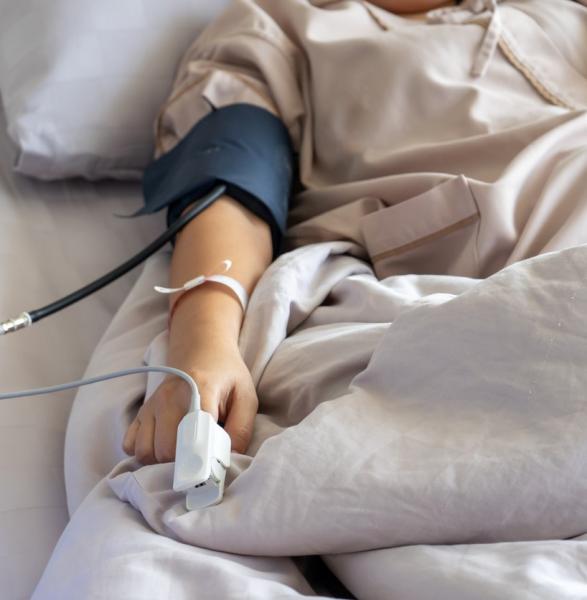- The World Health Organization (WHO) declared the COVID-19 outbreak a pandemic in March of this year.
- In August a man in Hong Kong became the first person to have COVID-19 twice.
- Recently, an 89-year-old woman from the Netherlands has become the first reported person to have died from COVID-19 reinfection.
Since December, SARS-CoV-2 has caused 1 million deaths and infected over 35 million people across the globe. Despite the passage of almost a year, the degree of immunity granted by the virus is still not known. As the cases continue to rise worldwide, doctors are now facing an even more complex issue at hand – COVID-19 reinfection.
23 Cases of COVID-19 Reinfection Reported
The first case of COVID-19 reinfection was reported in a man in Hong Kong. Luckily, he remained asymptomatic during his second episode.
The most recent case is that of a 25-year-old in Nevada, USA, who suffered more severe symptoms during his second infection.
It is becoming increasingly clear that re-infections are possible, but we can’t yet know how common this will be. It might prove to be a rare phenomenon, but it’s equally possible that these could be the first few cases and that there are many more to come.
Dr. Simon Clarke, associate professor of cellular microbiology at the University of Reading
In the past few months cases of reinfection have emerged from the United States, Belgium, Netherlands, Hong Kong, and Ecuador. However, all prior cases recovered from their second infection.
First Death Reported
A case report published in the journal Clinical Infectious Diseases reported the first death resulting from COVID-19 reinfection.
The woman from the Netherlands was suffering from Waldenström’s macroglobulinemia, a rare type of bone marrow cancer. 59 days after her first infection, the 89-year-old developed fever, cough, and difficulty breathing.
An RT-PCR test confirmed the presence of SARS-CoV-2. Doctors did not detect any antibodies in her blood by day six and her condition continued to deteriorate. Two weeks later she passed away.
Doctors had recently started the patient on new chemotherapy treatment. However, researchers argue the treatment could not have resulted in the life-threatening disease as her natural immune response would have been sufficient to fight off the virus.
When researchers compared the test samples from both the episodes, they discovered a genetic difference in the viruses. Thus, confirming her second episode as reinfection and not due to viral shedding.
The absence of antibodies combined with an immunocompromised state could have played a role in the death of the Dutch woman.
The case report raises questions about how long immunity can last after a COVID-19 infection and what factors affect the formation of antibodies post-infection.
Reference:
Kelvin Kai-Wang To, et al. Coronavirus Disease 2019 (COVID-19) Re-infection by a Phylogenetically Distinct Severe Acute Respiratory Syndrome Coronavirus 2 Strain Confirmed by Whole Genome Sequencing, Clinical Infectious Diseases, , ciaa1275, https://doi.org/10.1093/cid/ciaa1275
Tillett, Richard L, et al. “Genomic Evidence for Reinfection with SARS-CoV-2: a Case Study.” The Lancet Infectious Diseases, 2020, doi:10.1016/s1473-3099(20)30764-7.
Marlies Mulder, et al. Reinfection of SARS-CoV-2 in an immunocompromised patient: a case report, Clinical Infectious Diseases, , ciaa1538, https://doi.org/10.1093/cid/ciaa1538




